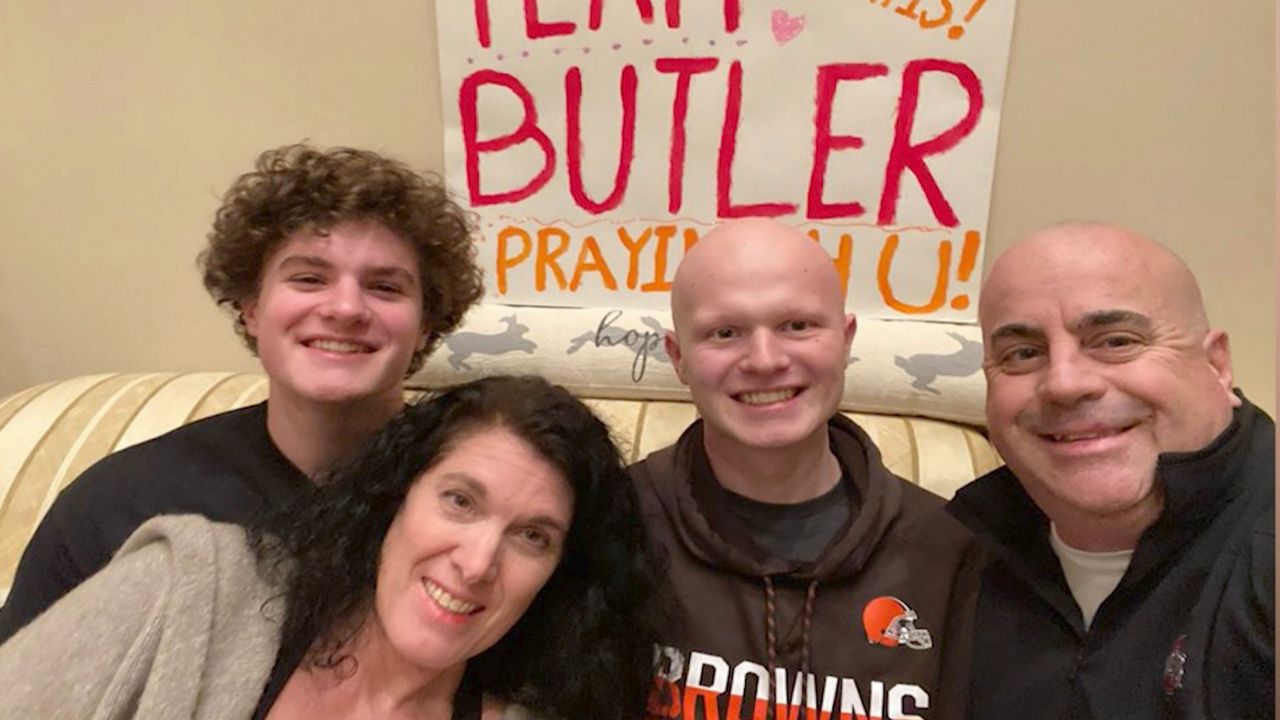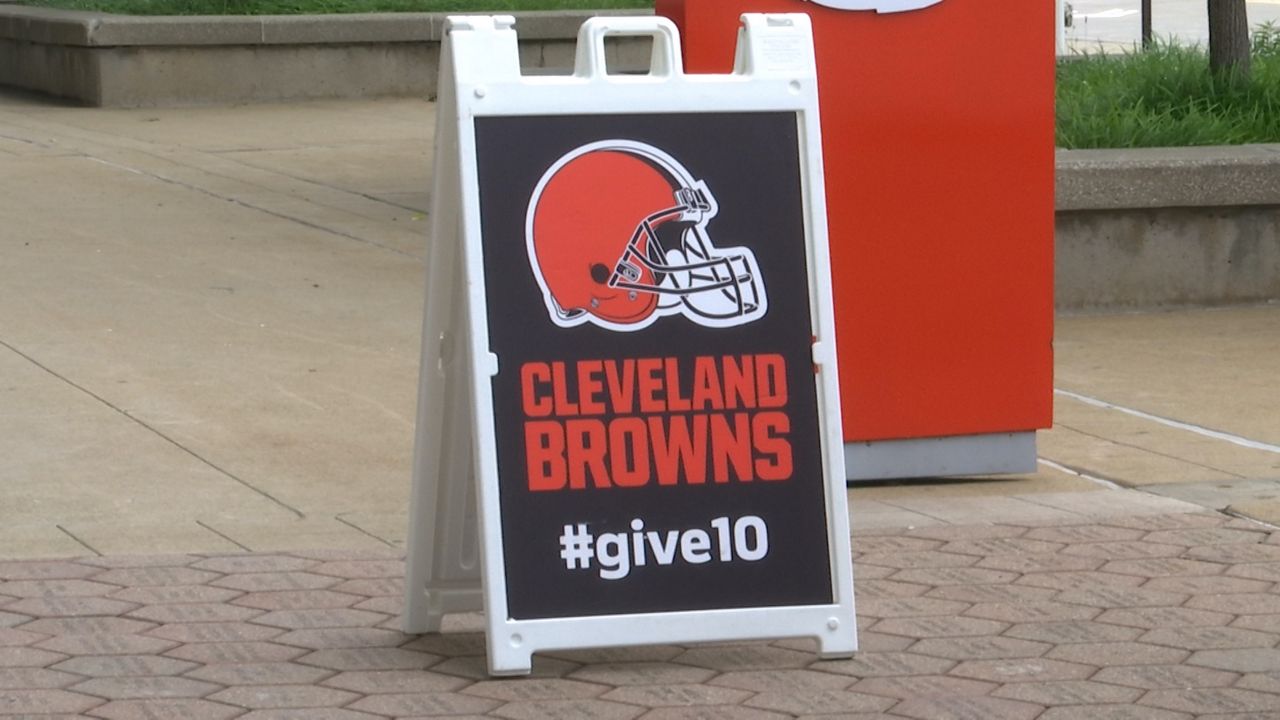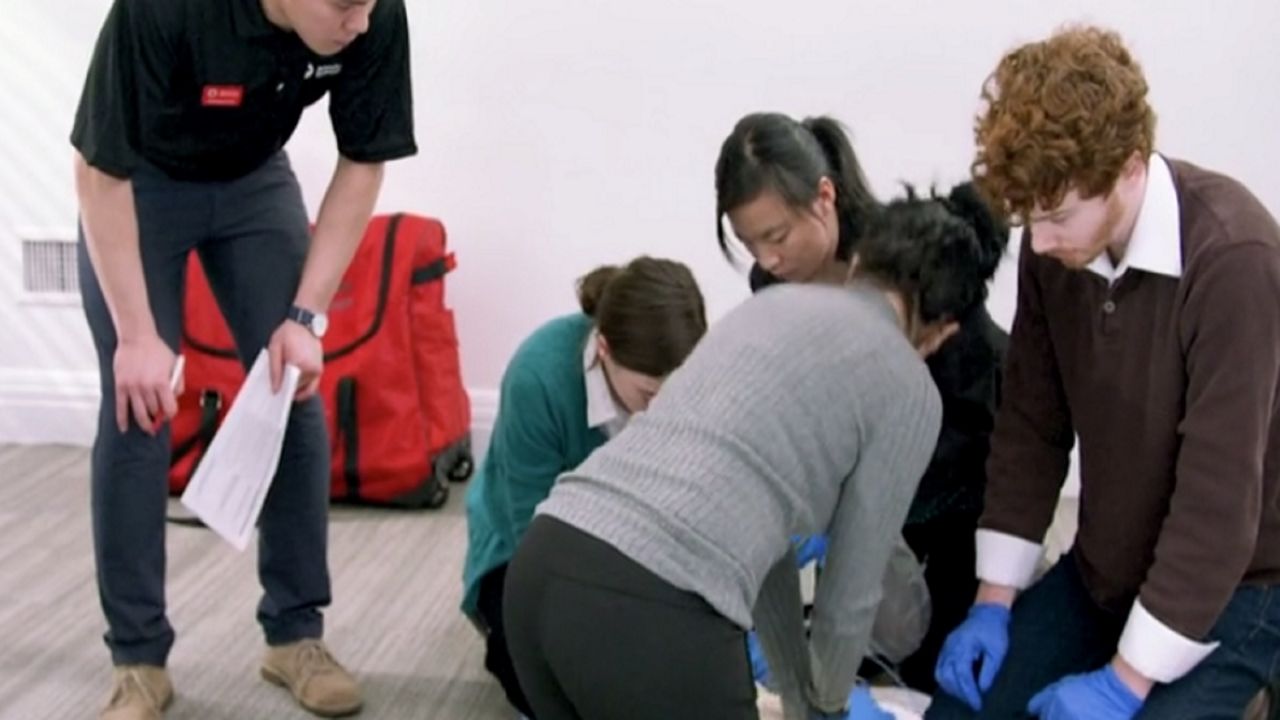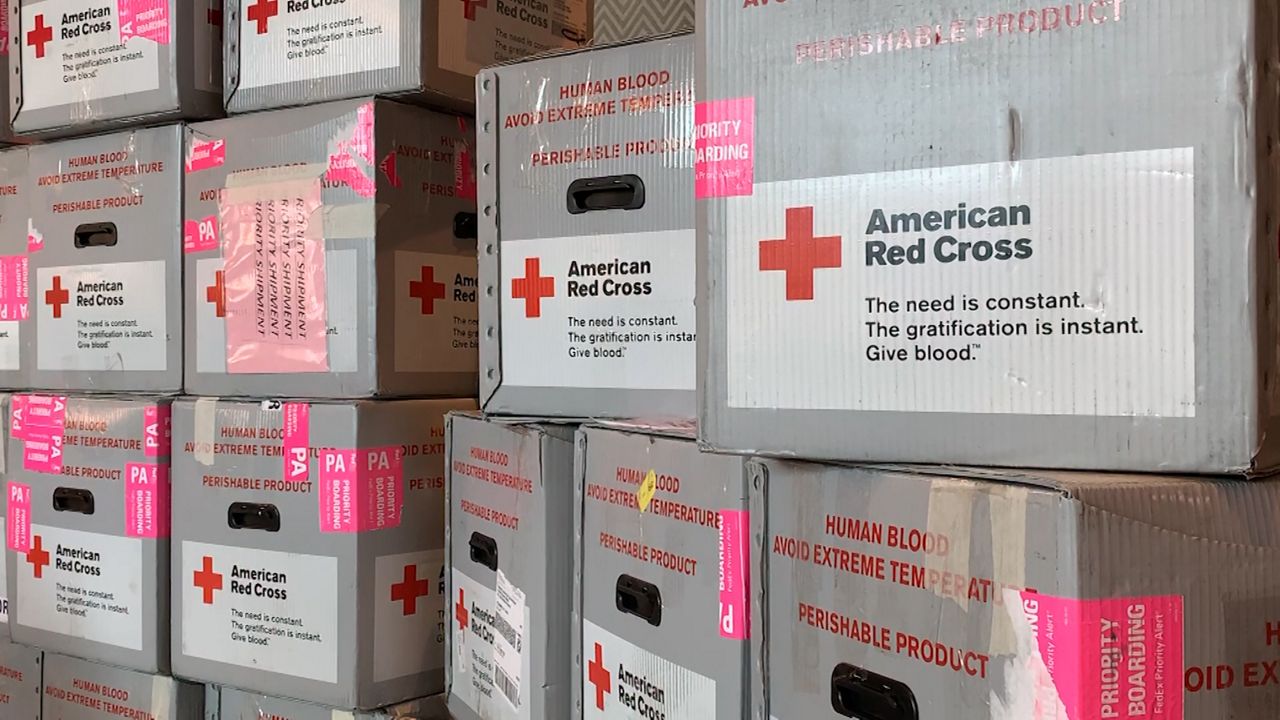CLEVELAND — Northeast Ohio resident Glinda Dames-Fincher has lived an inherited, rare blood disorder called sickle cell disease for over 60 years.
“I'm 62 years old, just turned 62 last week, which is actually quite old for sickle cell disease. When I was born in 1959, the average age was 18 . . . But God has kept me here to do sickle cell advocacy,” Dames-Fincher said.
To stabilize her condition she receives two units of blood every 4 weeks through blood transfusions.
“There's some people who need six, seven units of red blood cells, every three to four weeks. They're children that need that many,” Dames-Fincher said.
These units of blood often come from blood drives put on by the Red Cross.
The Give from the Heart Blood Drive is one of the largest blood drives in northern Ohio.
“Over the last 22 years, the Give from the Heart Blood Drive has collected over 13,000 pints of blood for local patients. Those blood products always have to be on the shelf. So it's not just in an emergency and it's not just when there's a natural disaster. It's patients every day fighting all types of diseases who need blood on a regular basis,” said Christy Peters, regional communications manager for the Red Cross of northern Ohio.
Patients like Dames-Fincher.
Regular blood transfusions help replace sickled red blood cells and give her good ones.
This reduces her risk of complications of sickle cell disease like strokes, organ damage, and severe wounds and pain.
“It stops me from having what's called sickle cell pain crisis, which is the worst and most common complication of this disease, where you just get sickling, a whole lot of it, all of a sudden blocking the blood vessels and causes an extremely painful crisis,” Dames-Fincher said.
Currently, red blood cells can’t be artificially made and blood is often matched to patients based on ethnicity.
This emphasizes the need for all types of people to give blood as more donors means more matches.
“There was one time I remember when they were getting ready to remove blood because they want to do partial change, and we're getting ready to remove blood. And the nurse runs in the room and says, wait, wait, stop, stop. The blood bank said they've only got two of the three units they had. So they said within a couple hours, we can get another unit from Michigan. So we had to wait till they actually went to Michigan and got blood,” Dames-Fincher said.
With Valentine's Day coming up, Peters hopes people give from their heart and give blood.
“It really is a wonderful gift to give around this time to show love to those needed and to help out those who really can't help themselves,” Peters said.
And Dames-Fincher is thankful.
“It's such a blessing. I tell people, God put it in people's hearts to give, cause people don't have to do this,” Dames-Fincher said.










